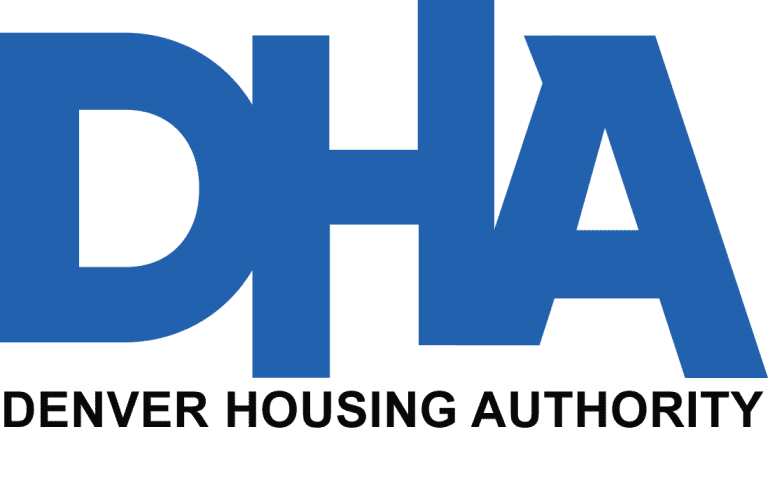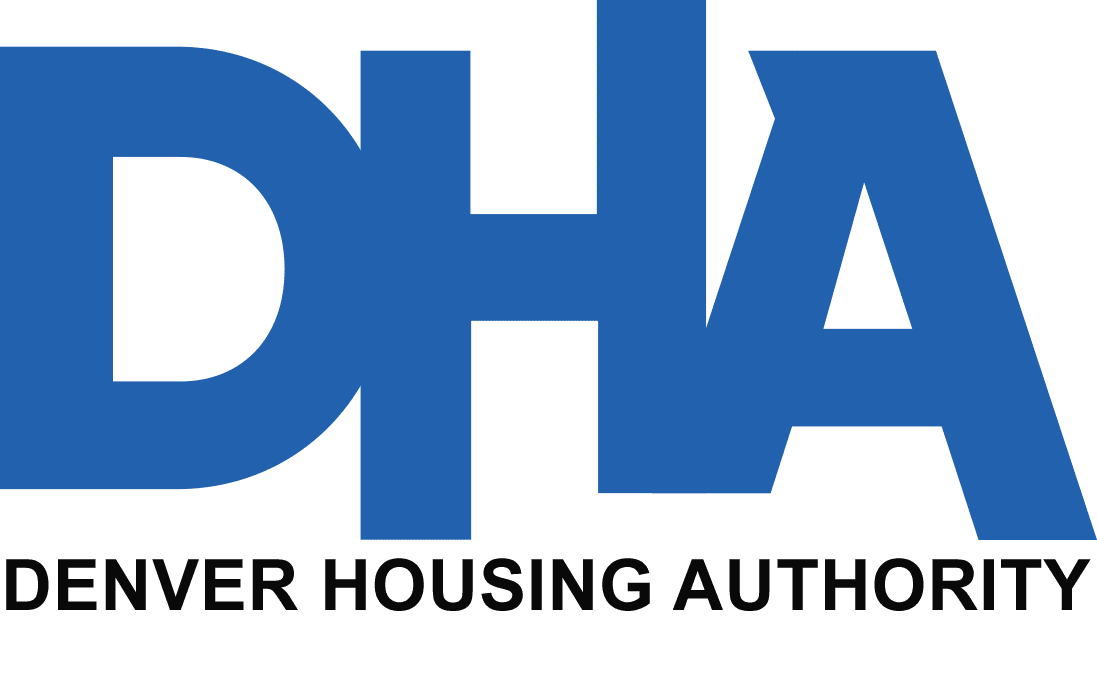The project will serve families and individuals leaving homelessness.
By: Kyle Harris | April 11, 2023 at 11:34 a.m.


The Denver-based national affordable housing group Mercy Housing and the Denver Housing Authority will turn an industrial site at 901 Navajo St. into a health clinic and income-restricted housing for Native American and Alaskan Native residents transitioning out of homelessness.
The development will include 187 units for people making between 30% and 60% of the area median income — or between $24,630 and $49,260 for an individual.
“That population has more than doubled over the last decade,” said Shelly Marquez, president of Mercy Housing Mountain Plains. “So we really believe that the way the development has been designed, the plans we have in place will be able to address a number of needs that have been identified.”
At the health clinic, residents will also receive medical, behavioral and dental care from Denver Indian Health and Family Services. Healthcare will also be available to the larger surrounding community.
WellPower, formerly the Mental Health Center of Denver, will also offer case management, mental health, financial and other services to residents.
Marquez is particularly enthusiastic about the site because it’s near transportation, “which is another social determinant of health.”
Finally, the property is geared toward families and will offer out-of-school programming to engage youth.
“Housing is important, but it’s more than just a house and four walls,” Marquez said. “It’s really an opportunity for us to bring resources and services that allow individuals to thrive in their environment.”
The project is in its early phase.
Denver Housing Authority put out the call for proposals, and Mercy Housing, which has been around for 41 years, applied and won the contract. The developer is experienced in the area — and nationwide.
“We have currently 19 properties throughout the state of Colorado, with two new developments under construction, and then we were just awarded the development opportunity for the Navajo site,” said Marquez. Those are mostly in the Denver metro area. “In Colorado, we serve families, seniors and people with special needs.”


The Native American Housing Circle, a group creating new housing and addressing homelessness and housing insecurity in Native communities, is working on the project, ensuring both the housing and services are culturally inclusive.
“This development will be an important step in the process of addressing the housing disparities that exist within metro Denver’s Native American community,” said Bill Ziegler (Kul Wicasa Lakota), the principal housing consultant with the housing circle, in a statement. “We are hopeful that the success of this project will lead to additional opportunities for NAHC to help our homeless relatives and unstably housed families in metro Denver.”
So who’s paying for this?
For the project to be completed, the organization will still need to receive funding from state, federal and individual sources.
Proposition 123, which allocated state money to the creation of affordable housing, is one source of money Marquez plans to tap in to. American Rescue Plan Act, Biden-era pandemic relief funding, has been used to create income-restricted housing, though that’s going away. Highly competitive Colorado Housing and Finance Authority financing is another likely piece of the puzzle.
Despite this available money, securing it and completing projects are tough — even for experienced groups like Mercy Housing.
“There is a significant commitment to affordable housing, but you need that because the gaps are the cost of construction and rising interest rate environments,” Marquez said. “Those gaps continue to increase as well. And so with all of those resources, it still is challenging to develop affordable housing.
To view original article, please click here.

